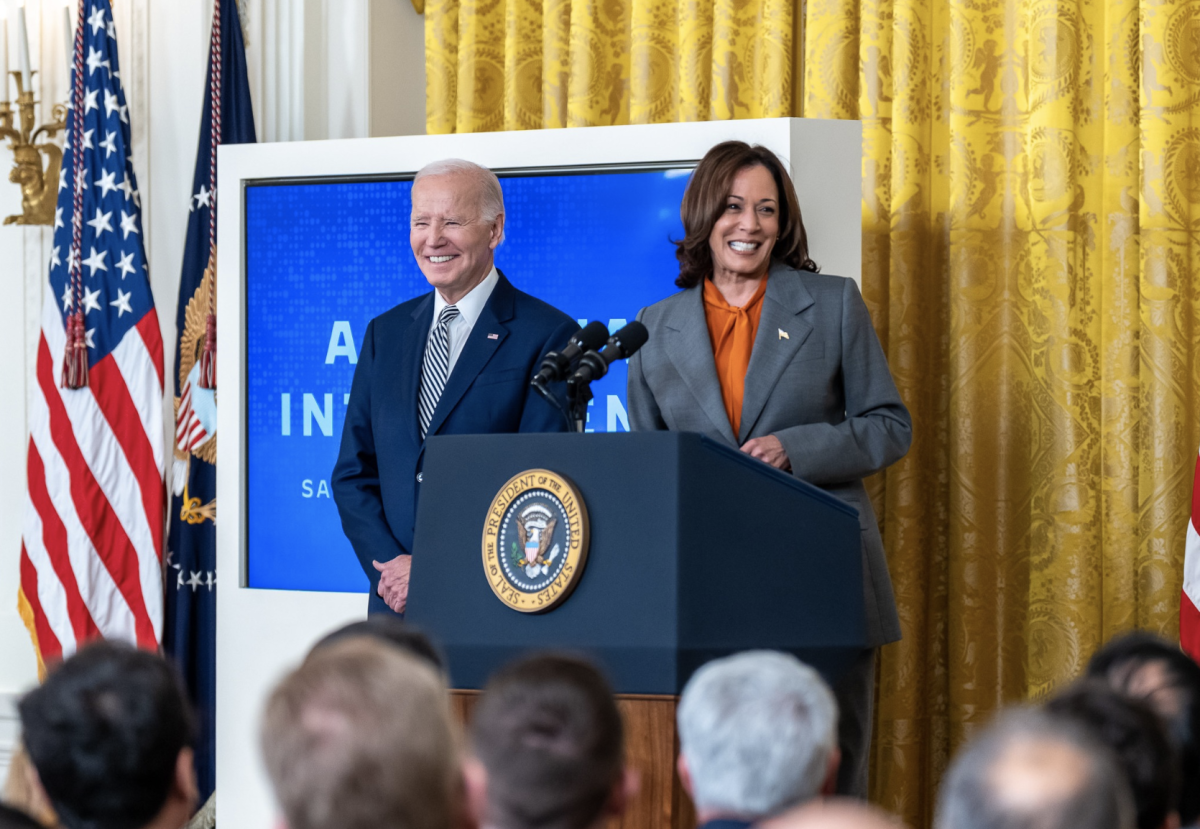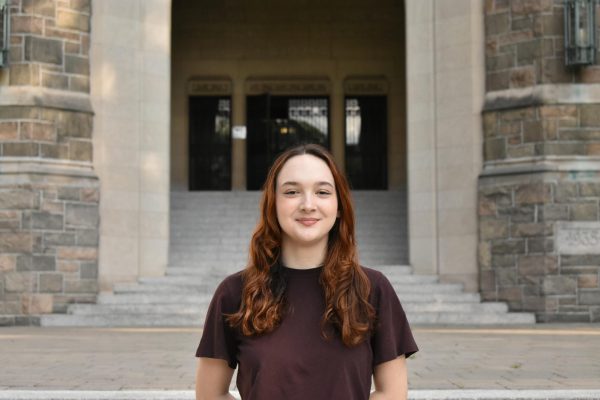Fordham University was selected by the Biden administration to receive a $50 million grant from the Environmental Protection Agency (EPA) to “fund environmental justice projects” across New Jersey, New York, Puerto Rico and the U.S. Virgin Islands, according to the EPA.
The grant, which was announced this past December, is meant to specifically cater towards underserved and overburdened communities in EPA Region 2. This includes the above states and territories, as well as eight federally recognized Indian Nations. The university will act as a conduit to disseminate funds to different organizations and communities in need via the newly-established Flourishing in Community (FIC) Grantmaker Initiative.
“[FIC] proposes an intersectional approach to place frontline communities in positions of power to advance environmental justice and climate justice in disadvantaged and hard-to-reach communities,” said the office of Ritchie Torres, representative of the 15th district, where Fordham is located.
The FIC will work in tandem with the EPA to issue subgrants in accordance with EPA regulations, which specify certain tiers and guidelines for funding projects. Competitions and awards are expected to begin in summer 2024. There will be $150,000 to $350,000 in competitive grants and $75,000 in community-selected awards. Many different types of projects qualify for submission, including public health initiatives and waste management.
“[The grant] is intended to support organizations and initiatives that do not usually receive EPA money,” said Surey Miranda-Alarcon, director of campus and community engagement at the Center for Community Engaged Learning (CCEL). There is a community board in each part of the EPA region to assist FIC and the university and provide input.
Additionally, the university is collaborating with a number of organizations in EPA Region 2 such as the “New York Immigration Coalition, New Jersey Alliance for Immigrant Justice, ConPRmetidos in Puerto Rico, Community Foundation of the Virgin Islands, [and] Business Initiative Corporation of New York,” according to Fordham News. This is a part of Fordham’s effort to broaden its impact and uplift voices that are generally overlooked by the federal government and its agencies.
There are 10 areas of priority, which include workforce development, transitioning to clean energy, biodiversity and sustainable transportation.
Ten million of the grant money will be used to support the program’s efforts and Fordham’s own environmental research at the graduate level.
President Tania Tetlow told the EPA that “this project embodies Fordham’s mission,” and the university believes in the “power of community-driven solutions to climate change to capture the insights and ingenuity of the people on the front lines of global warming.”
CCEL intends on officially announcing the program launch, guidelines and application information on April 8, 2024. Organizations and individuals interested in learning more about the program can fill out this form on CCEL’s page.









































































































































































































